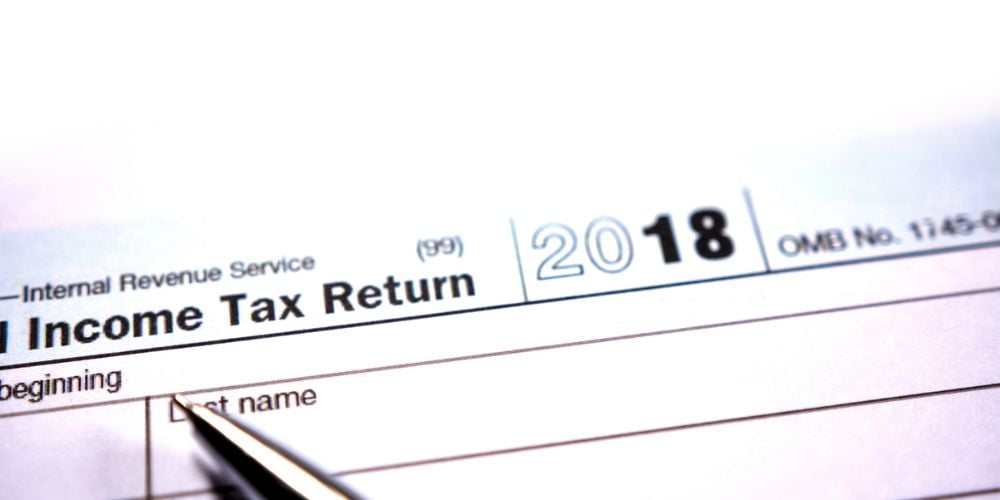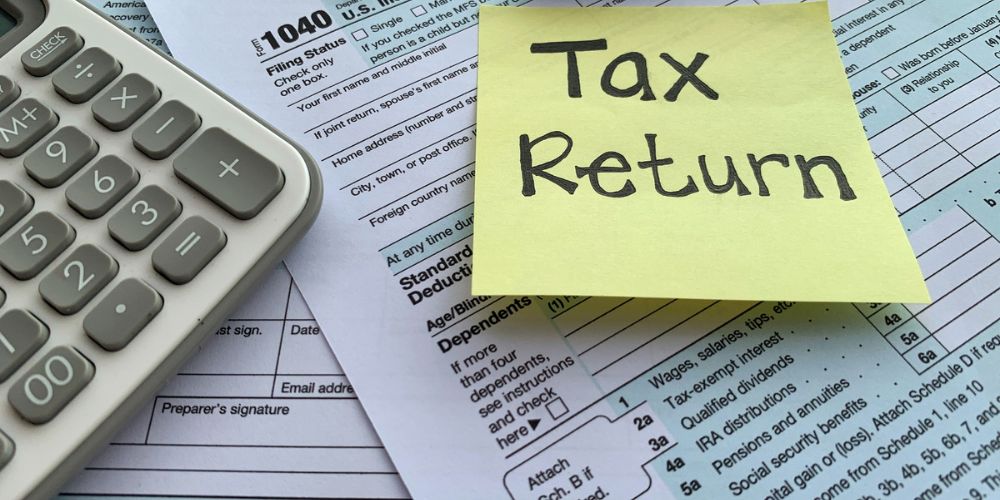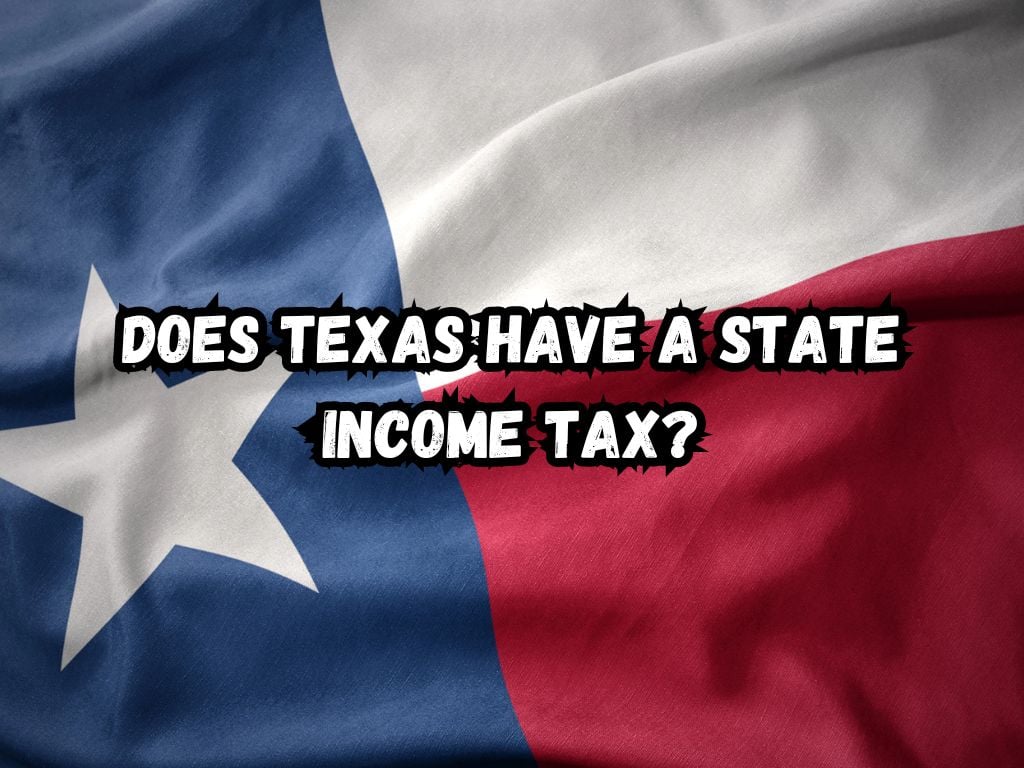Income tax considerations play a significant role in how individuals and businesses plan their finances. Each state has its own tax structure, which can include a combination of income, sales, and property taxes.
When it comes to Texas, a frequently asked question is, does texas have a state income tax? This article aims to shed light on whether the Lone Star State levies an income tax on its residents’ earnings and the implications this has.
Understanding State Income Tax
State income tax is a tax that individual states in the U.S. impose on personal income. While the federal government levies income tax nationwide, each state sets its own policy regarding taxation. Some states have high-income taxes, like California, while others, like Nevada and Florida, do not impose any income tax at all.
Knowing the specifics of state tax obligations is crucial, especially for those considering relocation or those doing business in multiple states.

Does Texas Have a State Income Tax?
The Stance of Texas on State Income Tax
Texas stands out as one of the seven states that do not impose a state income tax on individual earnings. This policy is enshrined in the Texas Constitution, which prohibits the collection of personal income taxes.
The reasoning behind this is rooted both in ideology and economic strategy. It reflects a commitment to personal financial freedom and a business-friendly environment.
Reasons Behind Texas’ No Income Tax Policy
The absence of a state income tax in Texas is a deliberate economic growth strategy. It serves as a magnet for people and businesses. The idea is that without the burden of state income taxes, individuals have more disposable income.
This, in theory, should stimulate consumer spending and attract businesses that might not want the financial strain of higher corporate taxes.
Additionally, it positions Texas as a competitive player in the national economic landscape. Its policy is a statement about valuing low taxation and its relation to economic freedom and growth.
How Texas Generates Revenue
Without revenue from a state income tax, Texas relies on other forms of taxation. The state sales tax, supplemented by additional local sales taxes, becomes a crucial revenue source.
Furthermore, property taxes in Texas are among the highest in the country. This ensures that, despite the lack of income tax, the state can fund public services and infrastructure.
Texas also receives a significant amount of federal funding, which supports various statewide programs. Besides, the state imposes licensing fees and collects revenue from taxes on specific businesses, such as the franchise tax. This tax structure creates a diverse revenue stream that compensates for the absence of state income tax.
Implications of Texas’ No Income Tax Policy
For Individuals
On the surface, the lack of a state income tax seems beneficial, leaving more money in residents’ pockets. This can be especially attractive for high earners who would face sizable income taxes in other states.
However, the high property and sales taxes can offset these savings, particularly affecting those with lower incomes or those who own significant property.
For Businesses
For businesses, the absence of state income tax in Texas means the potential for higher net profits. This policy can draw companies to establish themselves or move their headquarters to Texas, bolstering the state’s economy.
While this is generally positive, businesses must still navigate other state taxes, such as sales or franchise taxes, which can affect their overall tax burden.
Exceptions and Considerations
Despite the state income tax prohibition, Texas residents should be aware of other financial obligations. For instance, while individuals don’t pay a state income tax, businesses may be subject to the franchise tax, which applies to earnings exceeding a certain threshold.
Additionally, it’s important to consider that legislative changes can occur. However, any move to introduce a state income tax in Texas would require a constitutional amendment.
This provides a high level of security for residents against the introduction of such a tax without thorough public scrutiny and consent.

Future of Texas State Income Tax
Discussions occasionally arise about the potential need for a state income tax to address evolving economic challenges.
Nonetheless, any proposal for implementing such a tax faces significant barriers. Texans have strongly supported the current tax system in the past, and any change would require voter approval at the ballot box.
Frequently Asked Questions
Do any localities within Texas impose their own income tax?
No localities in Texas impose their own income tax due to the same constitutional restriction that prevents the state from levying one.
How does the lack of a state income tax affect Texas compared to states like California or New York?
Texas often attracts businesses and individuals from higher-tax states like California or New York, thanks to its no-income-tax policy, potentially leading to higher disposable incomes and business profits.
Are there any circumstances under which a resident might have to pay income tax to another state while living in Texas?
If a Texas resident earns income from another state that imposes an income tax, they may be required to pay taxes in that state on the income earned there.
How does Texas’ lack of an income tax influence individual decisions to move to or from the state?
The lack of state income tax can be a significant factor in deciding to move to Texas, especially for high-income earners or retirees looking to maximize their savings.
What are the financial benefits for retirees living in Texas due to the absence of a state income tax?
Retirees in Texas benefit from keeping more of their retirement income, whether it’s from Social Security, pensions, or retirement accounts, as none of it is taxed at the state level.
This article is written to provide comprehensive information about Texas’ state income tax policy. By examining how Texas operates without an income tax and its implications for residents and businesses, we hope to have offered valuable insights into this aspect of the state’s economic landscape.
Conclusion
Texas remains a state without an individual income tax, choosing alternative methods of generating revenue for state coffers. This decision reflects Texas’ commitment to low taxation and economic freedom and invites individuals and businesses to enjoy the financial benefits that come with this environment.
As Texas continues to flourish, the absence of a state income tax stands as a significant factor in its growth and popularity.
Understanding the tax landscape is essential, whether you’re considering moving to Texas, doing business in the state, or simply examining different states’ tax policies.
While the advantages of no state income tax are clear, the higher property and sales taxes are an important consideration for any financial calculation. With its current policies, Texas offers a unique proposition for those seeking a different kind of tax environment.


 Tags:
Tags:










